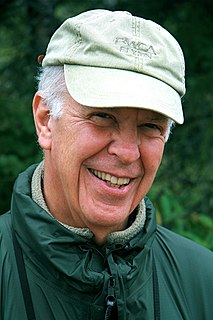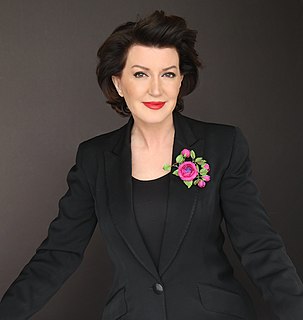A Quote by Parker J. Palmer
Let’s not forget that American democracy started with ‘We the People’ agreeing to work hard to create ‘a more perfect union.’ We’ve lost the idea that politics begins at home with what happens in families, in neighborhoods, in classrooms, in congregations. We called this democracy into being – and if we want to call this democracy back to its highest values, it’s got to be the us doing that calling. That’s not going to happen if ‘We the People’ don’t know how to talk to one another with civility and hold our differences in a creative, life-giving way.
Quote Topics
Agreeing
American
American Democracy
Another
Back
Begins
Being
Call
Calling
Civility
Classrooms
Create
Creative
Democracy
Differences
Doing
Families
Forget
Giving
Giving Way
Going
Got
Happen
Happens
Hard
Highest
Hold
Home
How
Idea
Know
Know How
Life
Lost
More
Neighborhoods
Our
People
Perfect
Politics
Started
Talk
Union
Us
Values
Want
Way
Work
Work Hard
Related Quotes
When we talk about Cuban democracy we are referring to participatory democracy which is big difference with representative bourgeois democracy. Our is a democracy in which everything is consulted with the people; it is a democracy in which every aspect and important decision that has an impact in the life and society of the people, is done in consultation.
My links with [Mahatma] Gandhi now are very political links because I do not believe there is any other politics available to us in the late twentieth century, a period of a totalitarianism linked with the market. There is really no other way you can do politics and create freedom for people without the kinds of instruments he revived. Civil disobedience is a way to create permanent democracy, perennial democracy, a direct democracy.
My parents were true believers in the efficacy of American constitutional democracy, and I was thoroughly inculcated with reverence for what we the people are capable of doing. The complication in that simple narrative is that as I got older, the Vietnam War shook my confidence in how our democracy was working. I ended up serving in that war, but it started with a lie, and I was very proud of my father for being one of its earliest opponents.
I call government that works the best for people open society, which is basically just another more general term for a democracy that is - you call it maybe a liberal democracy. It's not only majority rule but also respect for minorities and minority opinions and the rule of law. So it's really a sort of institutional democracy.
Did you, too, O friend, suppose democracy was only for elections, for politics, and for a party name? I say democracy is only of use there that it may pass on and come to its flower and fruit in manners, in the highest forms of interaction between people, and their beliefs - in religion, literature, colleges and schools- democracy in all public and private life.



































